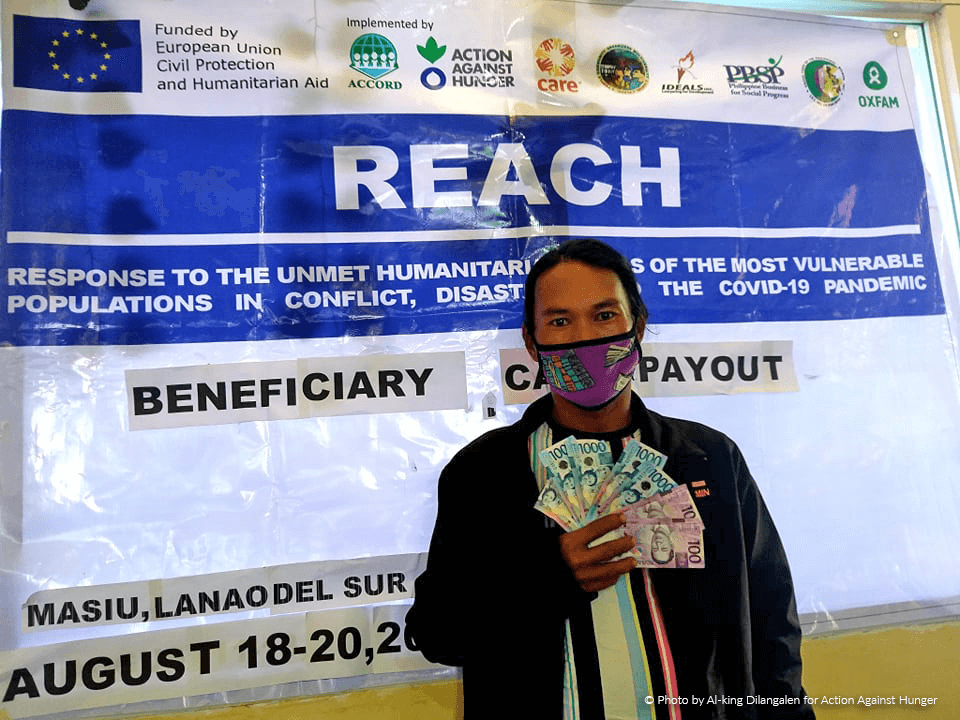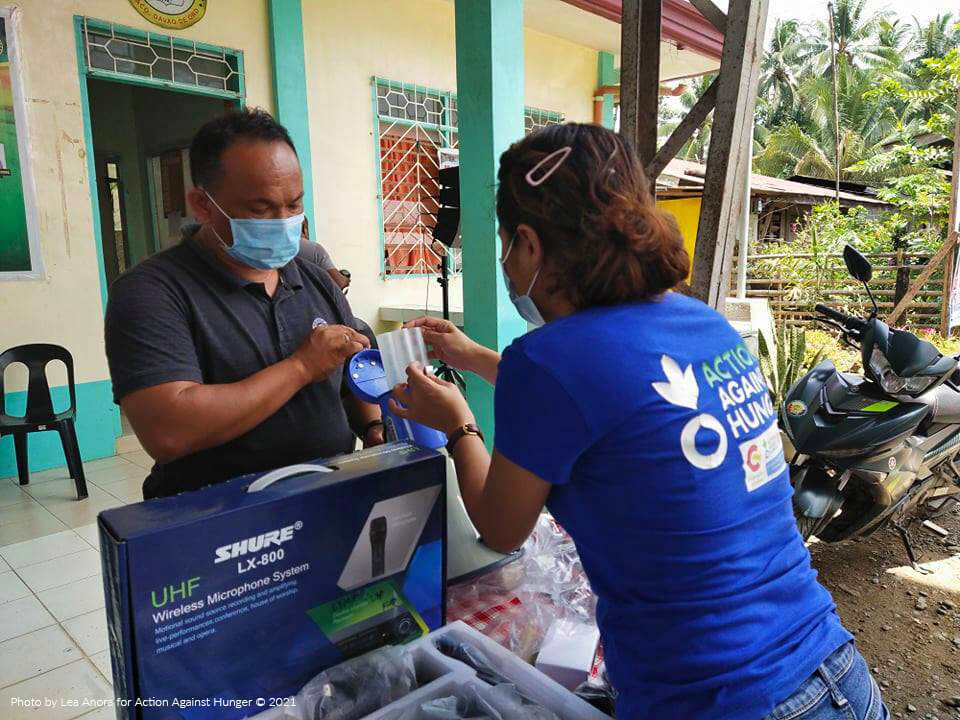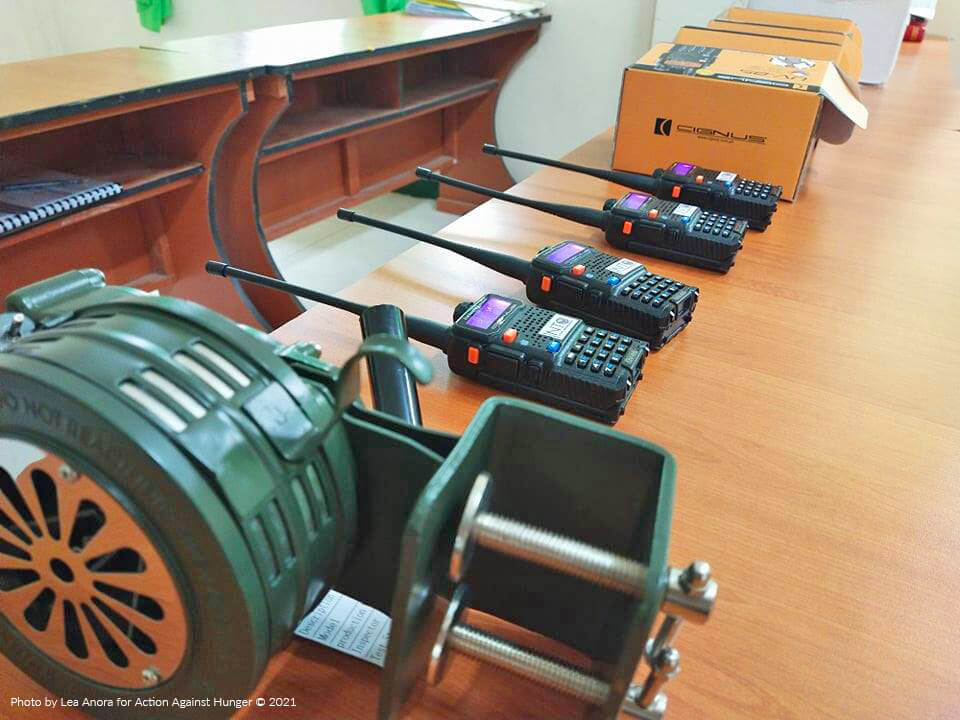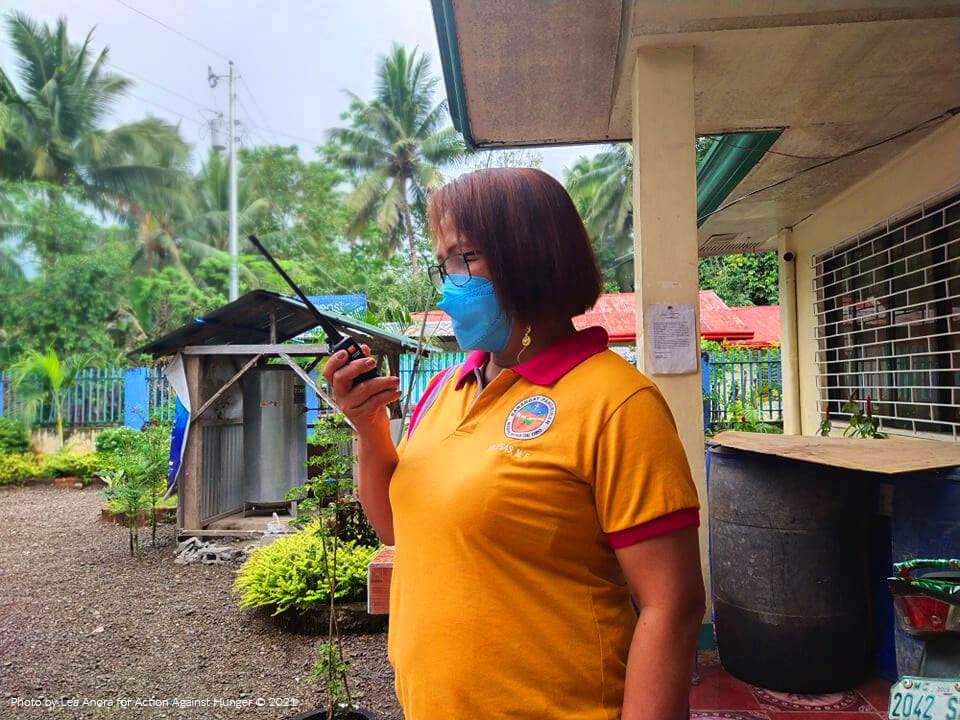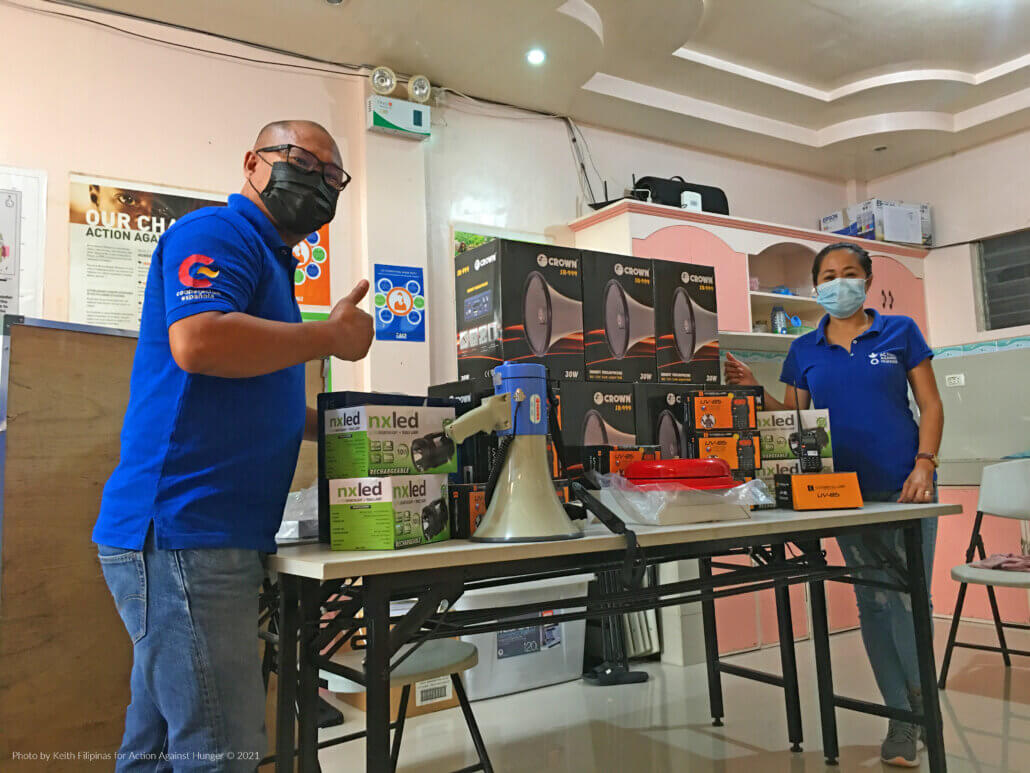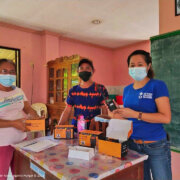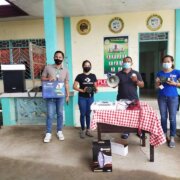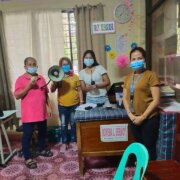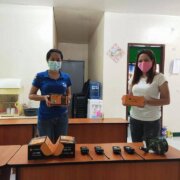Stories from the Field: A Father’s Fight
TUBIGON, BOHOL — Dennis Frontera, a 45-year-old father of two teenagers, was diagnosed with Type II Diabetes almost a year ago. Before he was always full of energy, but that changed when his condition eventually led to renal failure. While he has since been receiving medical treatments, Dennis knew he was already due for a check-up.
His last consultation in December 2021 hadn’t been easy. Dennis had to be isolated for a couple of days at the hospital which unfortunately was at the same time that Typhoon Odette was wreaking havoc in his community at Barangay Bilang-bilangan. This experience made him hesitant to go back to the health facility.
When he found out about the medical mission in their barangay organized by Action Against Hunger, he was more than eager to get a consultation. This activity was part of the emergency health interventions of the Typhoon Odette Emergency Response of the REACH Project which is funded by the European Civil Protection and Humanitarian Aid (ECHO).
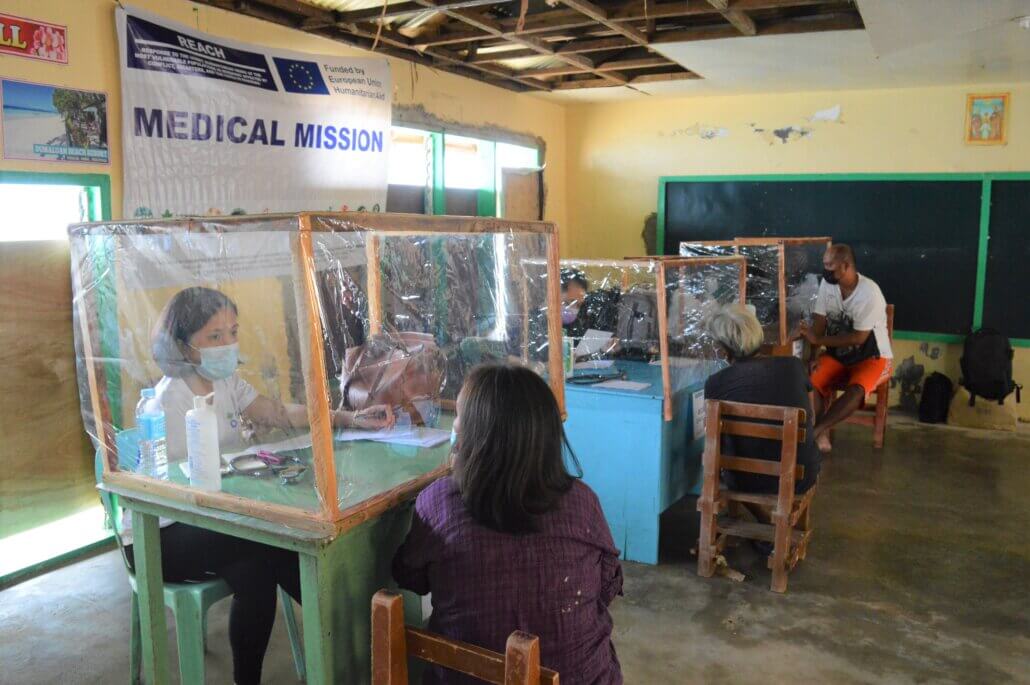
Medical Mission in Barangay Bilang-bilangan for people affected by Typhoon Odette. The activity is organized by Action Against Hunger through the EU-funded REACH Project. (Photo by Roussam Dilig for Action Against Hunger)
Dennis received further assistance through cash support which he can use to cover expenses for medicines and laboratory tests.
With the support he receives from his family and other organizations like Action Against Hunger, Dennis is hopeful that he will recover sooner than later. For the sake of his wife and children, he is optimistic that he will return to the energetic man that he was before.
Dennis is one of the 60,625 individuals that are expected to benefit from the Typhoon Odette Emergency Response of REACH.
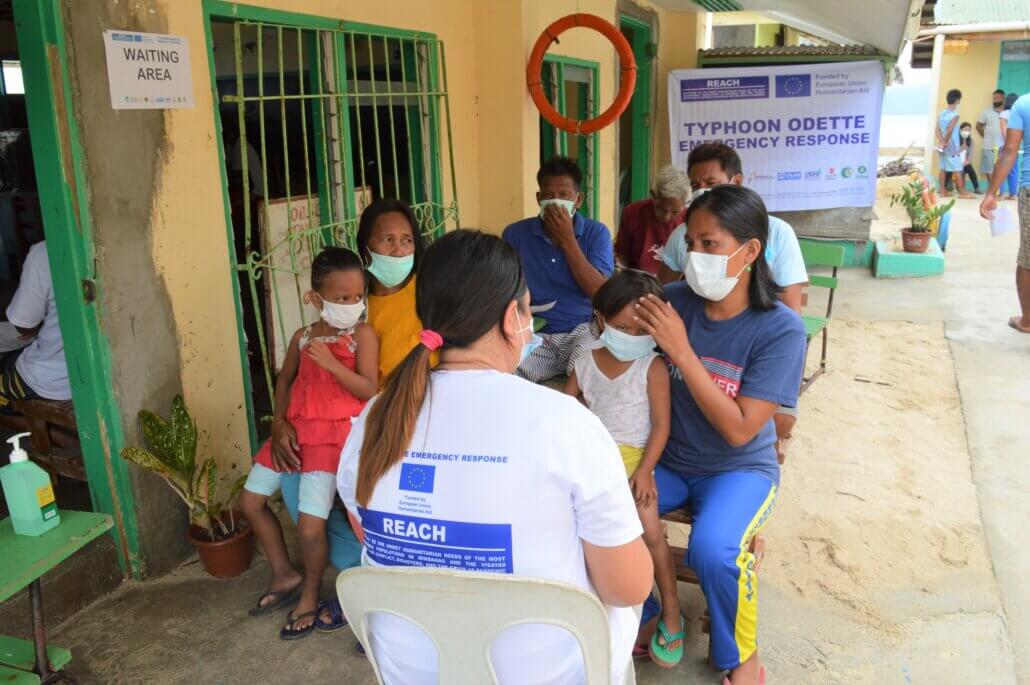
Typhoon-affected residents of Barangay Bilang-bilangan queue for a health consultation during the medical mission organized by Action Against Hunger through the EU-funded REACH Project. (Photo by Roussam Dilig for Action Against Hunger)
The Typhoon Odette Emergency Response of the REACH Project (Response to the Unmet Humanitarian Needs of the Most Vulnerable Populations in Mindanao and the Visayas Affected by Conflict, Disasters, and the COVID-19 Pandemic) is funded by the European Civil Protection and Humanitarian Aid Operations (ECHO) and is implemented by ACCORD Incorporated, Action Against Hunger Philippines, CARE Philippines, Community Organizers Multiversity, Initiatives for Dialogue and Empowerment through Alternative Legal Services (IDEALS) Inc., Plan International Philippines, Philippine Business for Social Progress (PBSP), Save the Children Philippines, United Youth of the Philippines-Women and Oxfam Pilipinas.
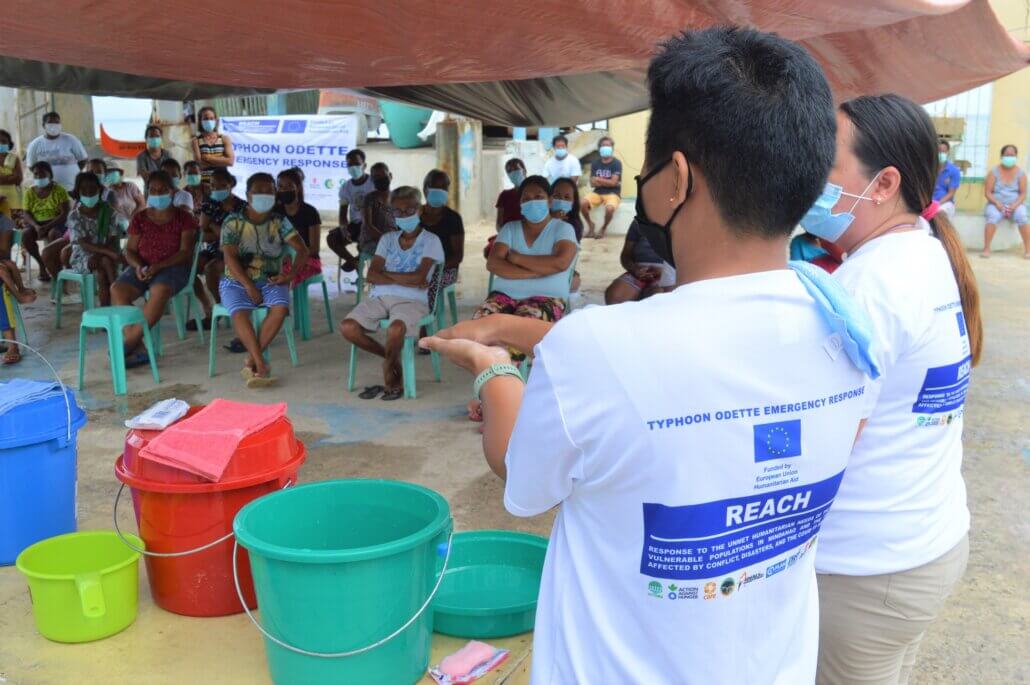
Action Against Hunger staff conduct a hygiene promotion session during the Medical Mission in Barangay Bilang-bilangan last February 18, 2022 (Photo by Roussam Dilig for Action Against Hunger)
Written by Roussam Dilig | Edited by Joyce Sandajan, Dale Divinagracia


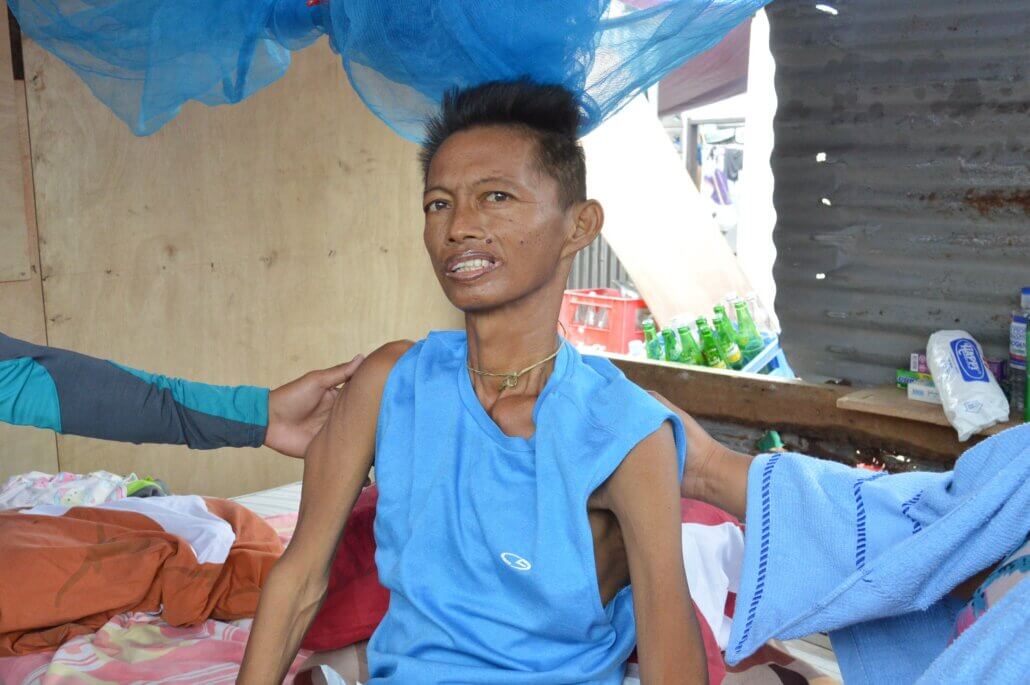
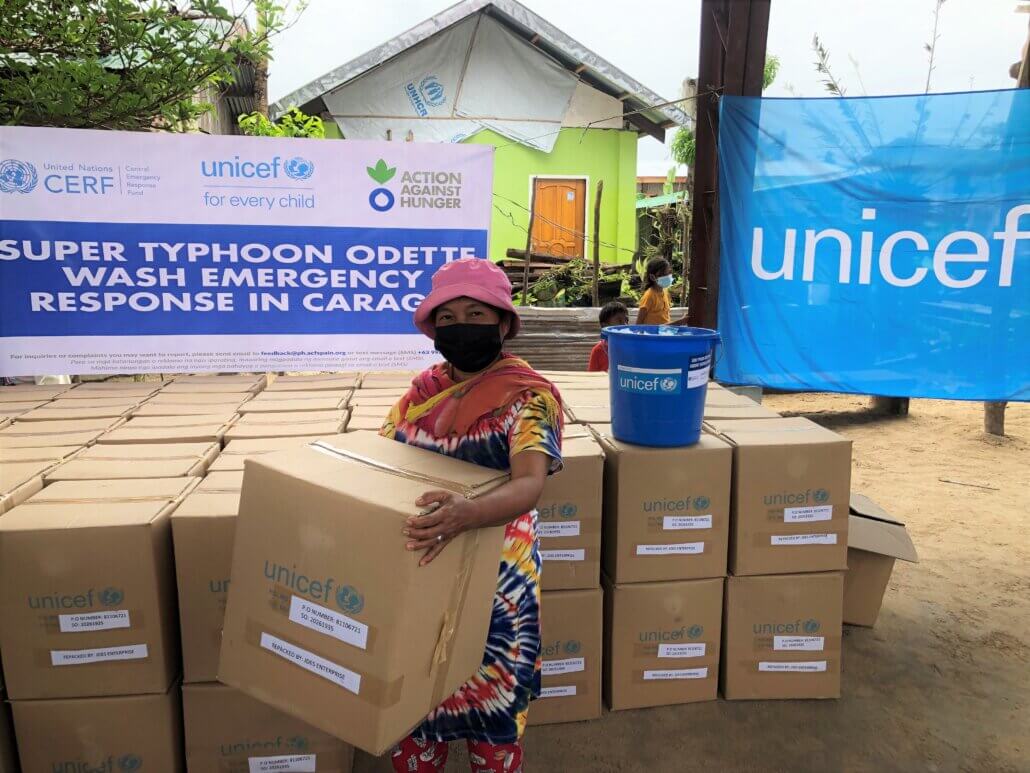
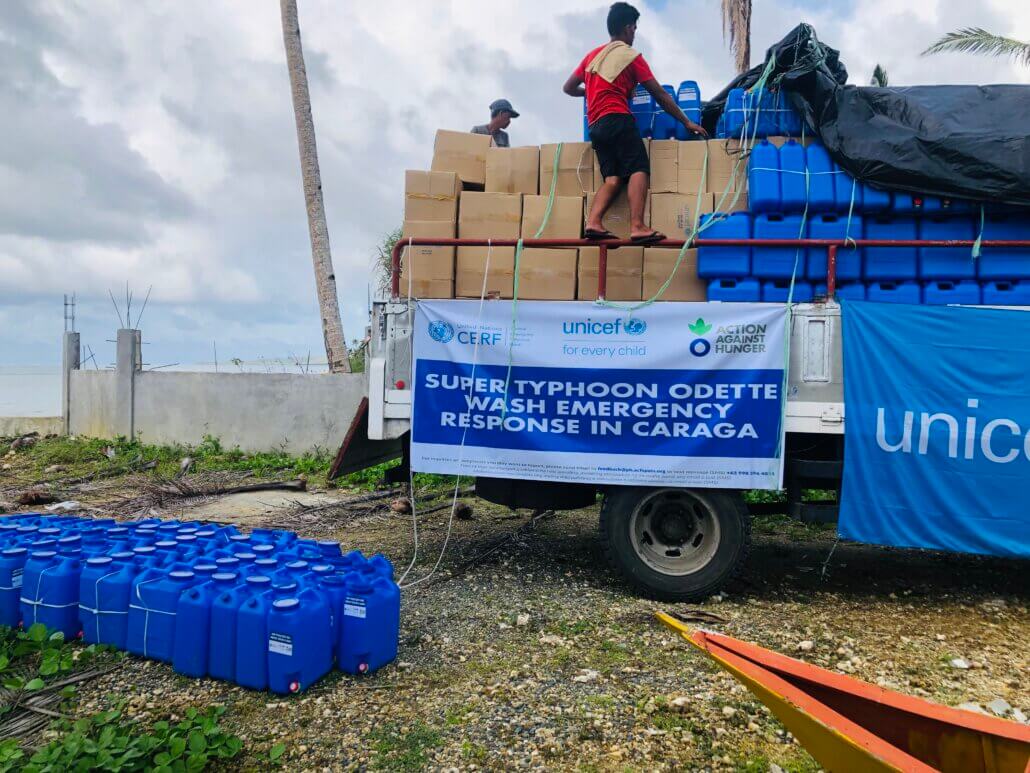
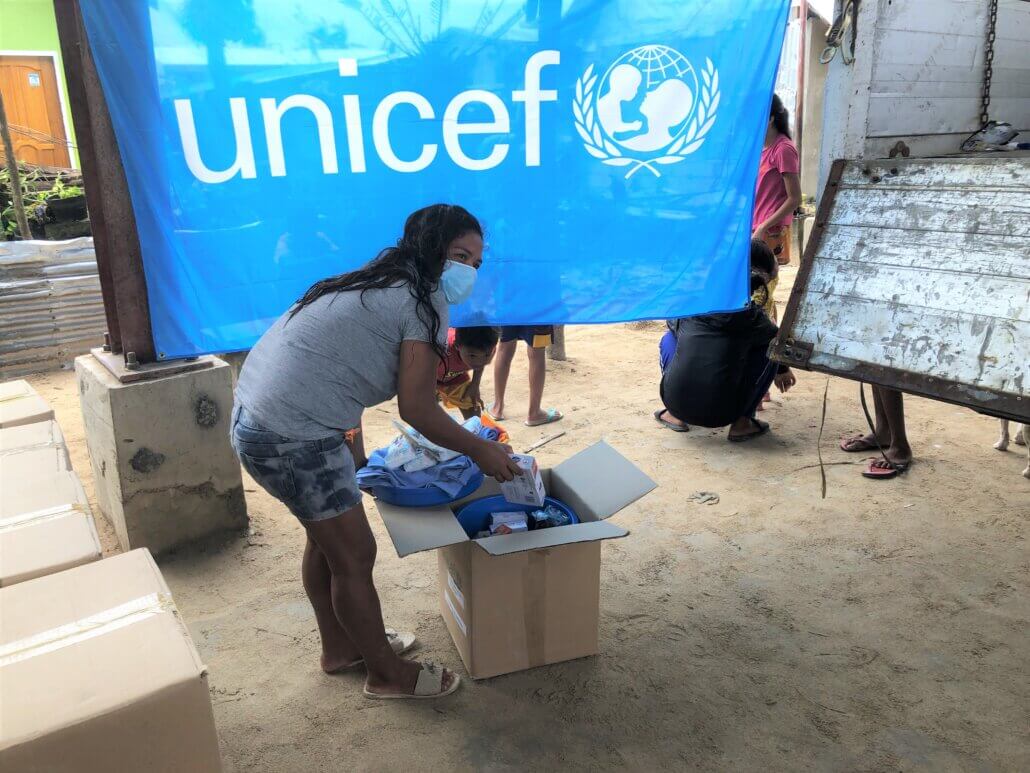
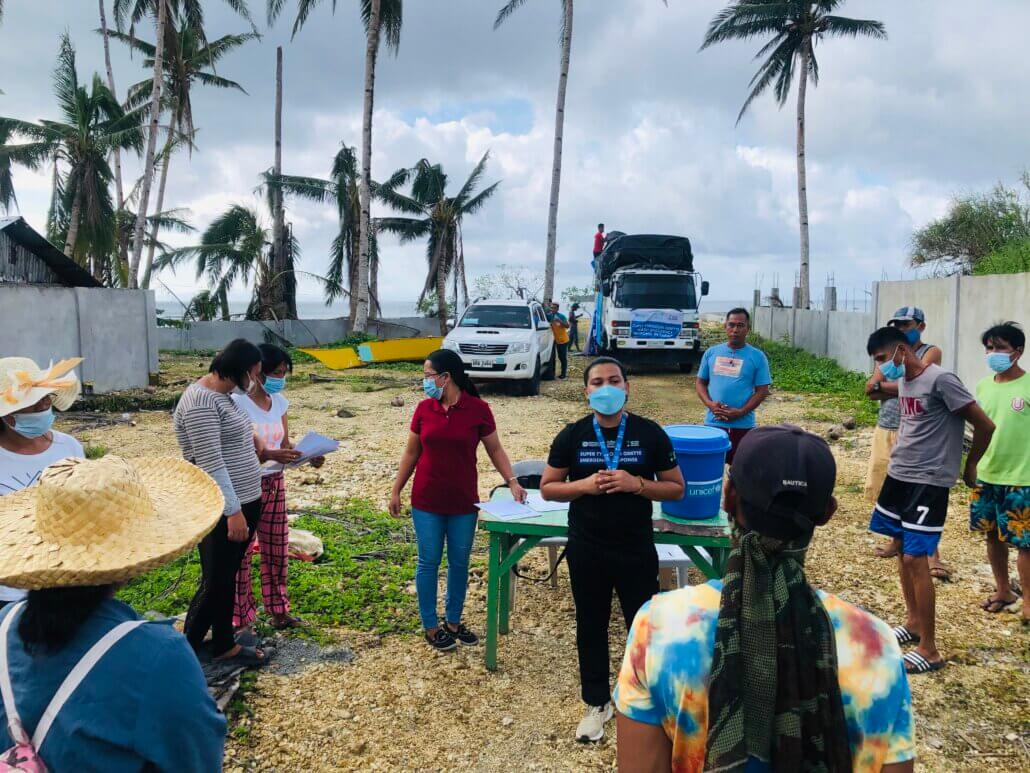
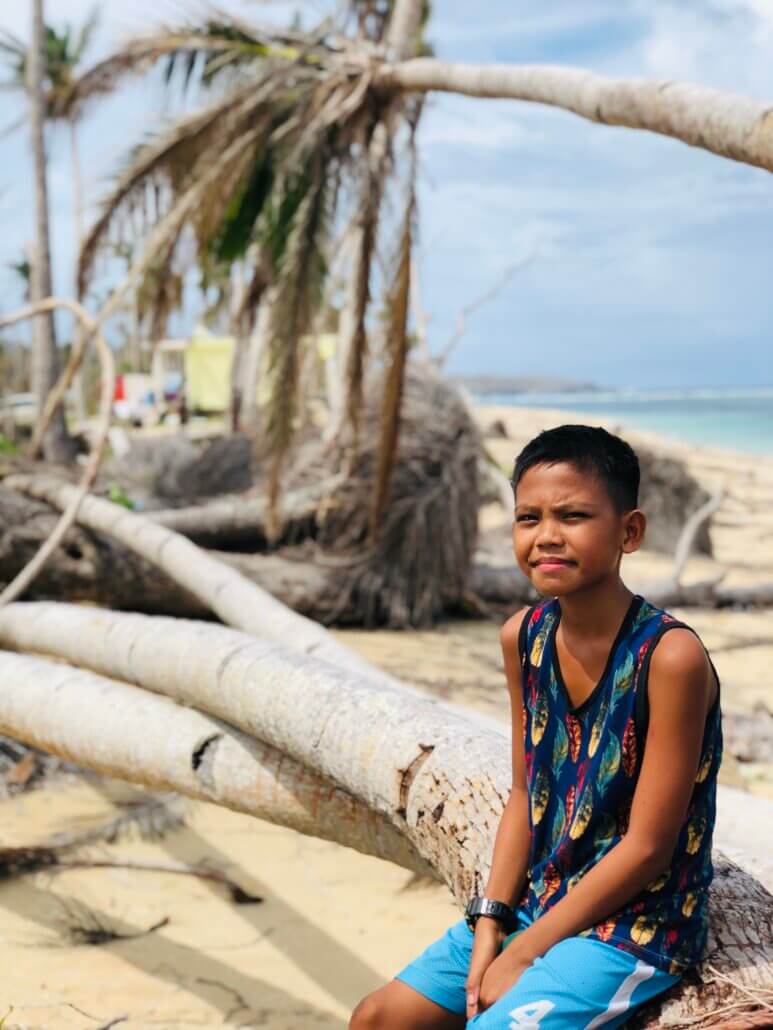 Action Against Hunger
Action Against Hunger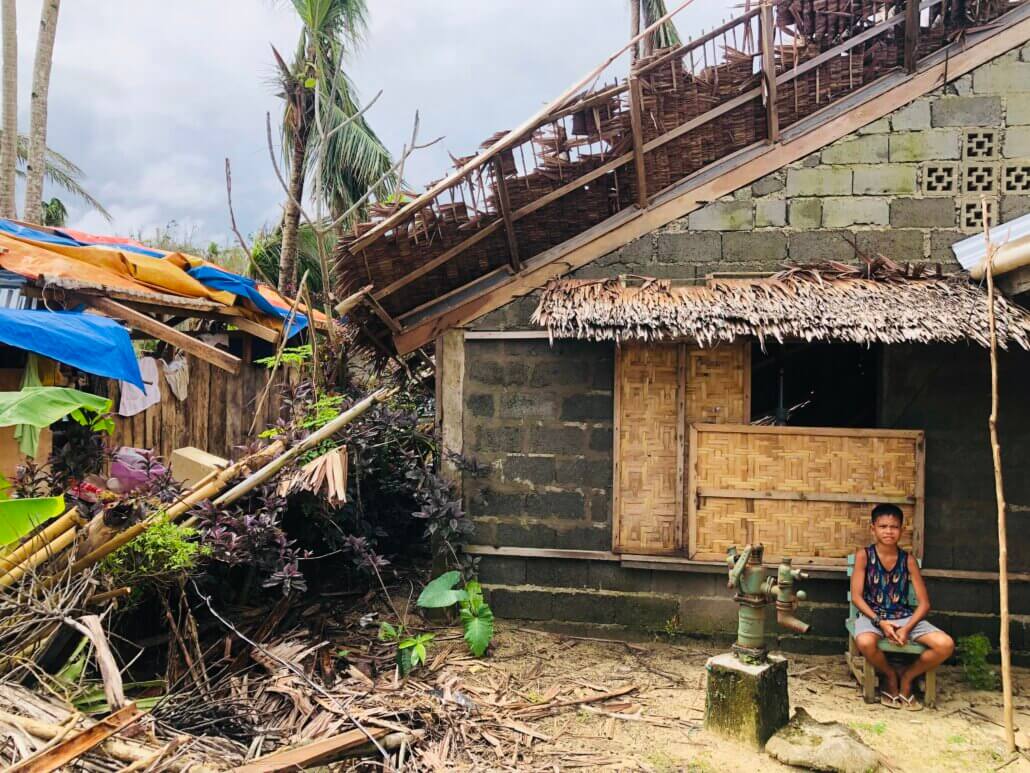
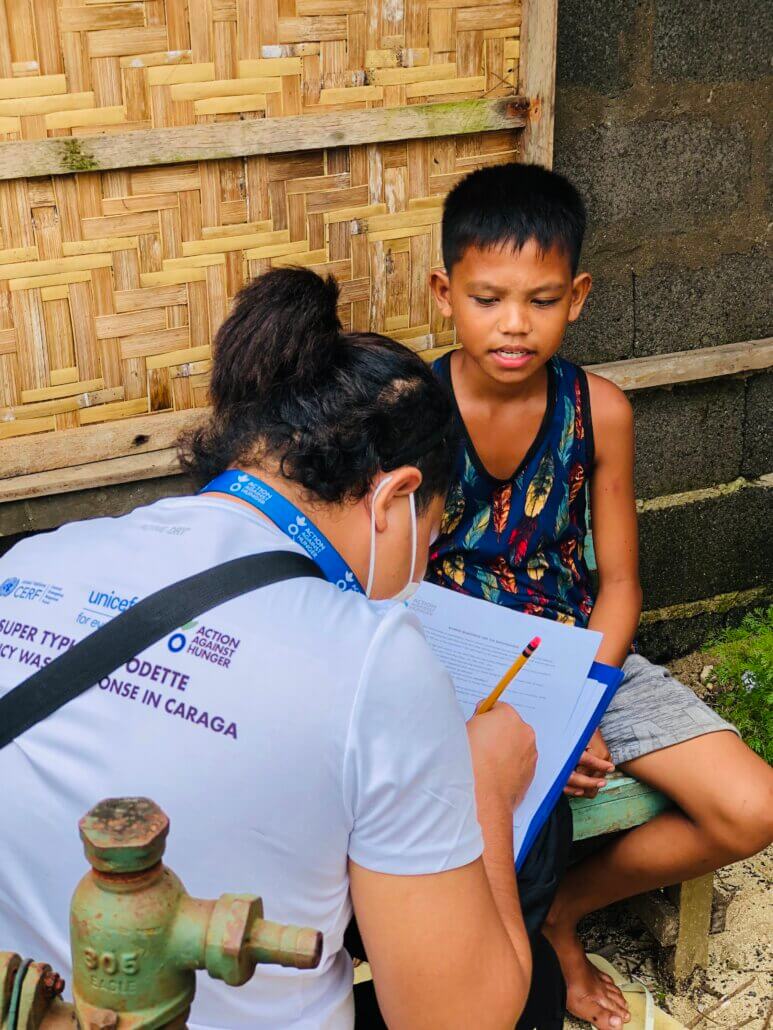
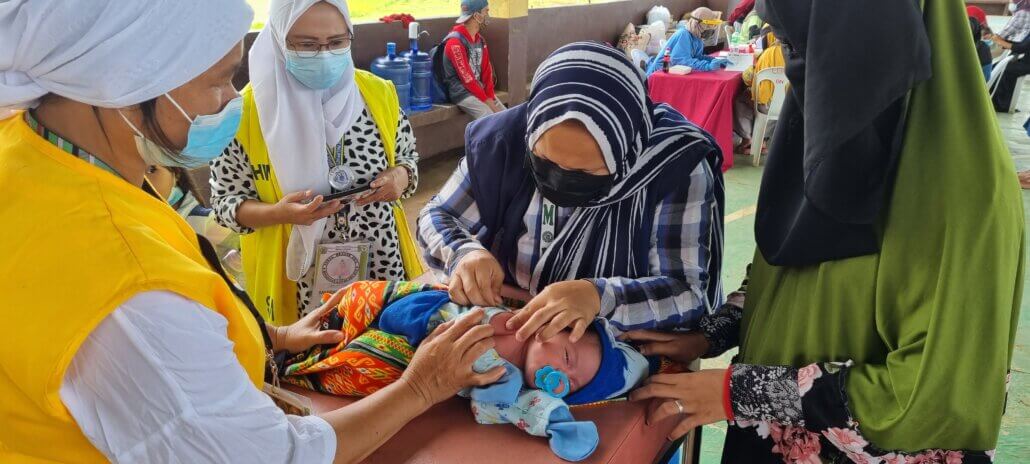
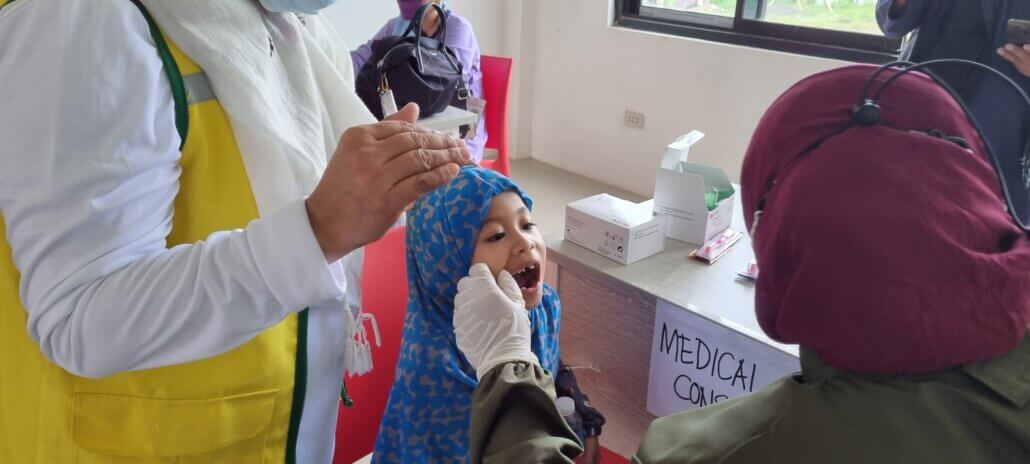
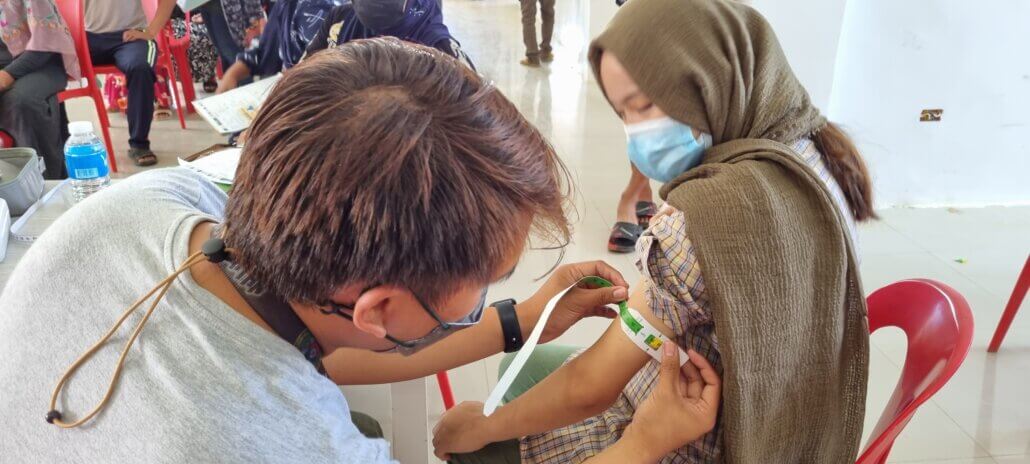
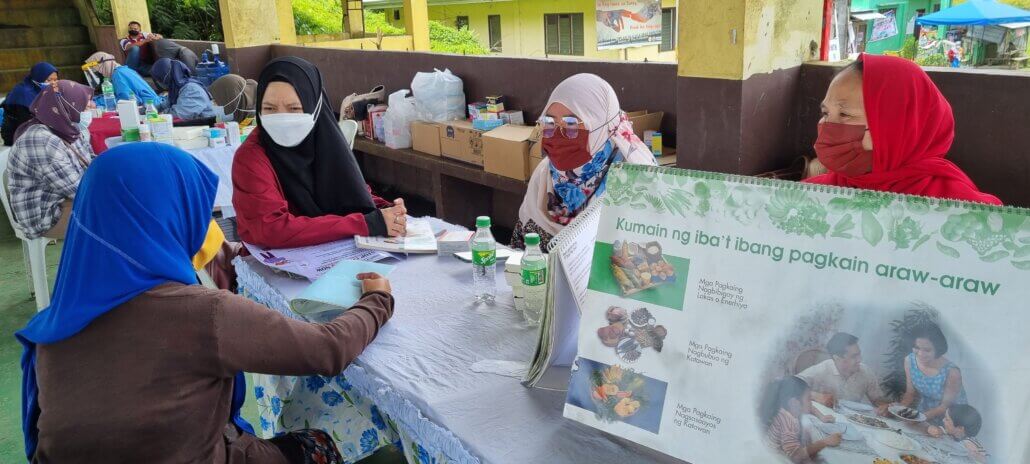
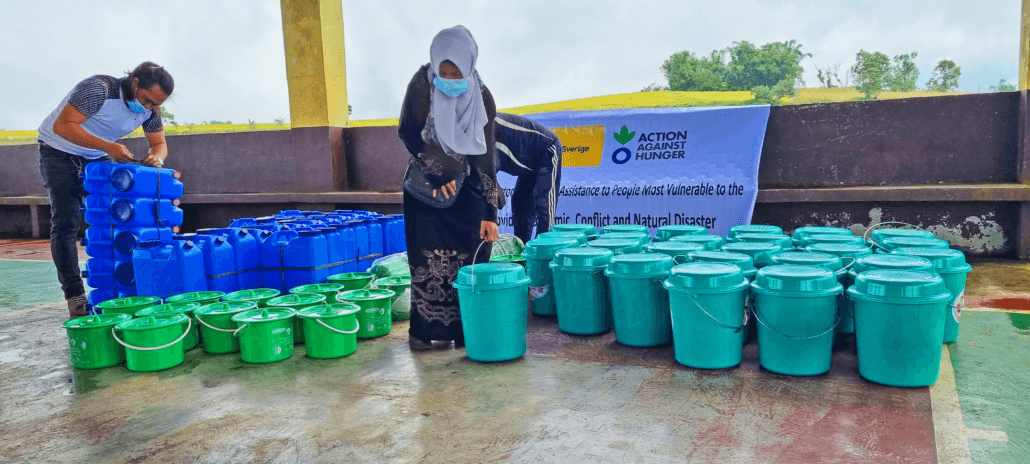

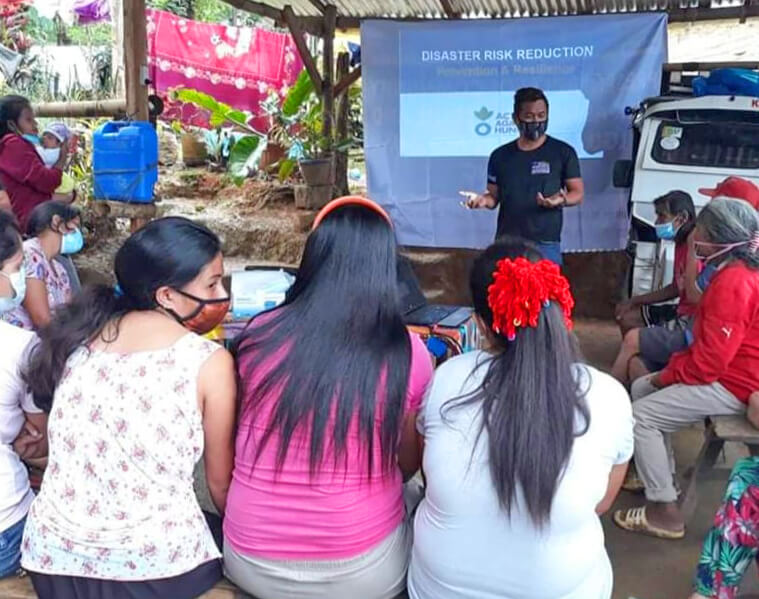
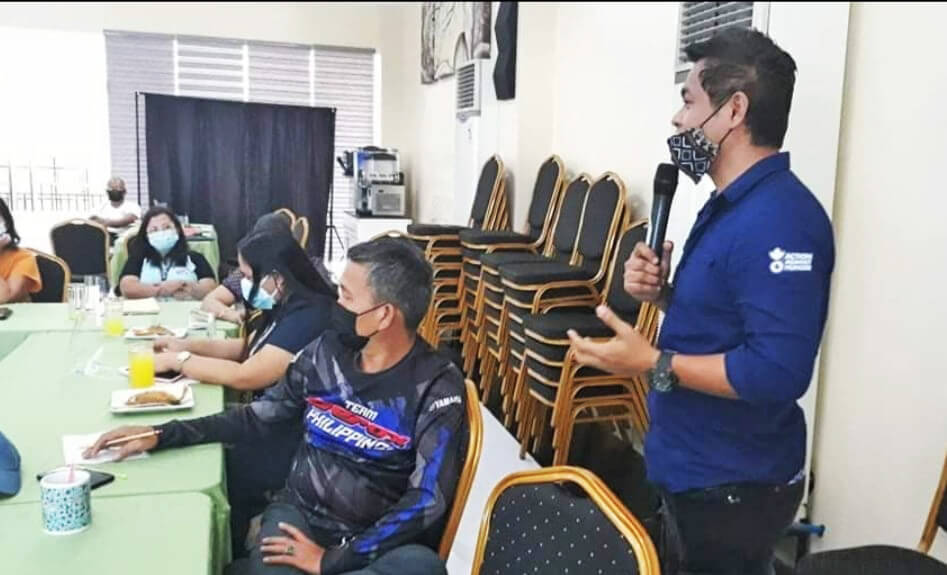
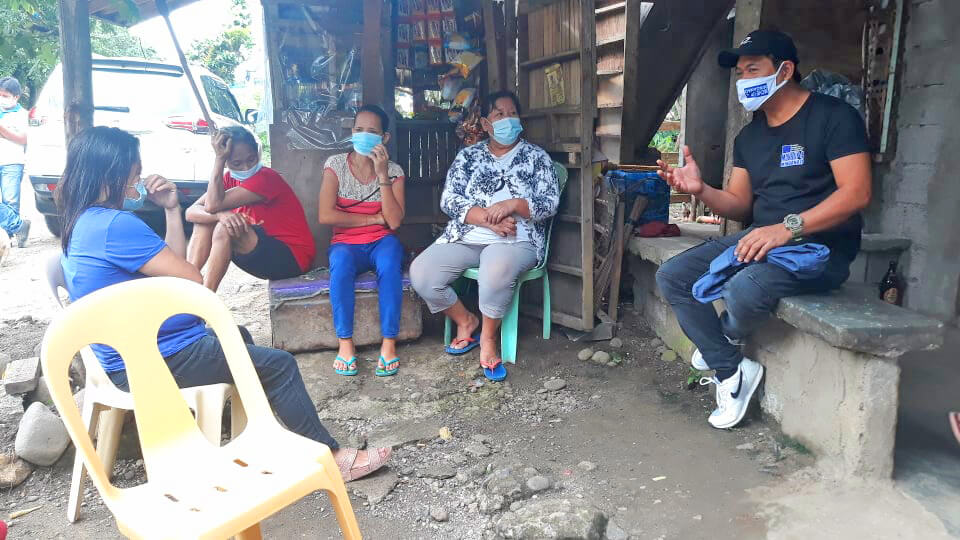
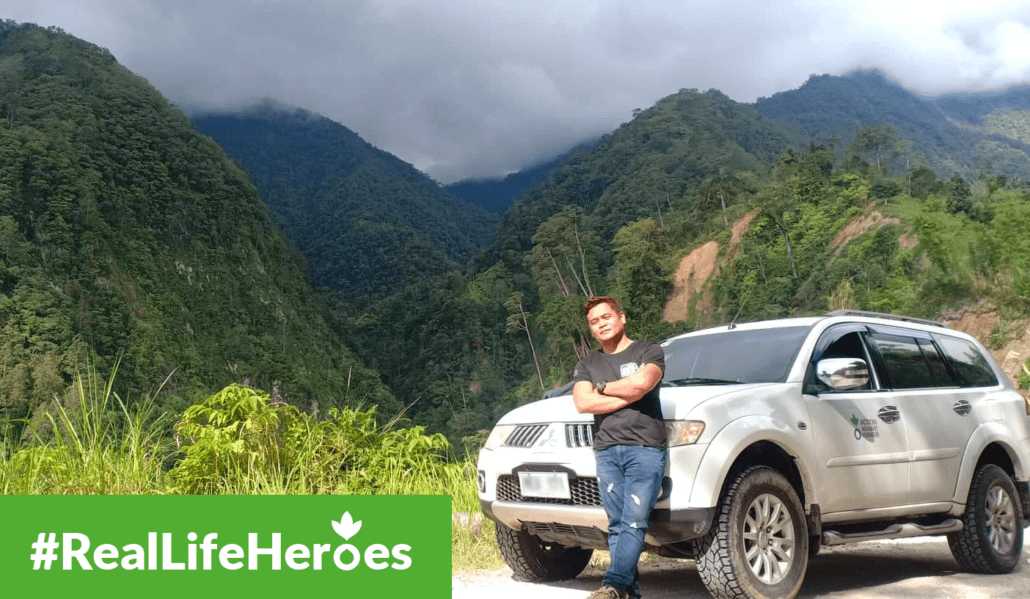










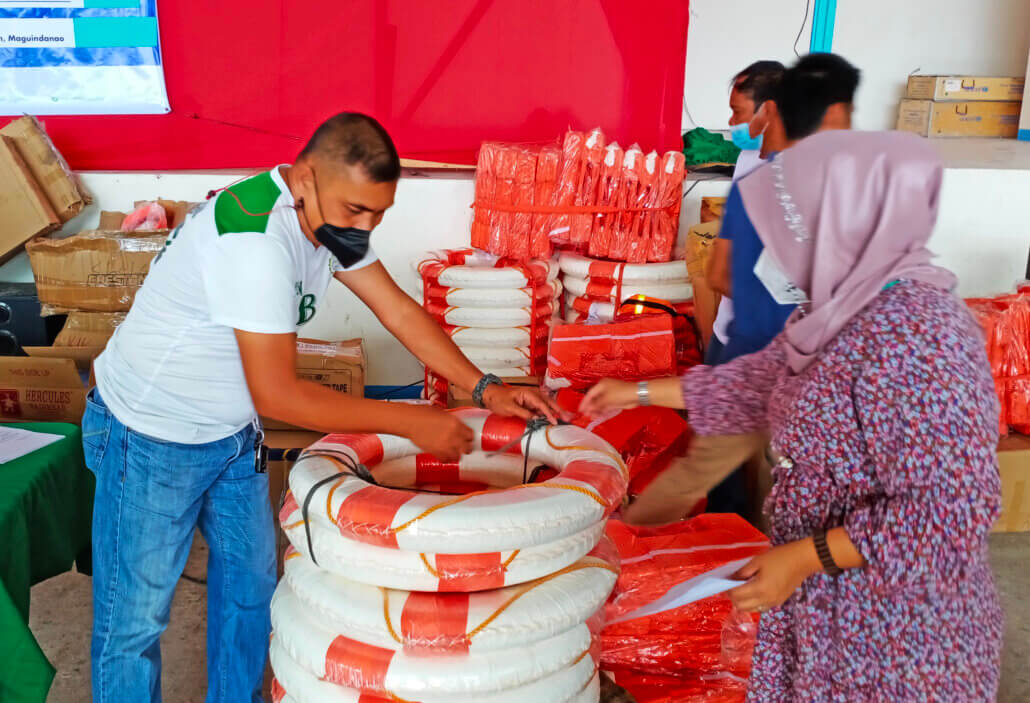
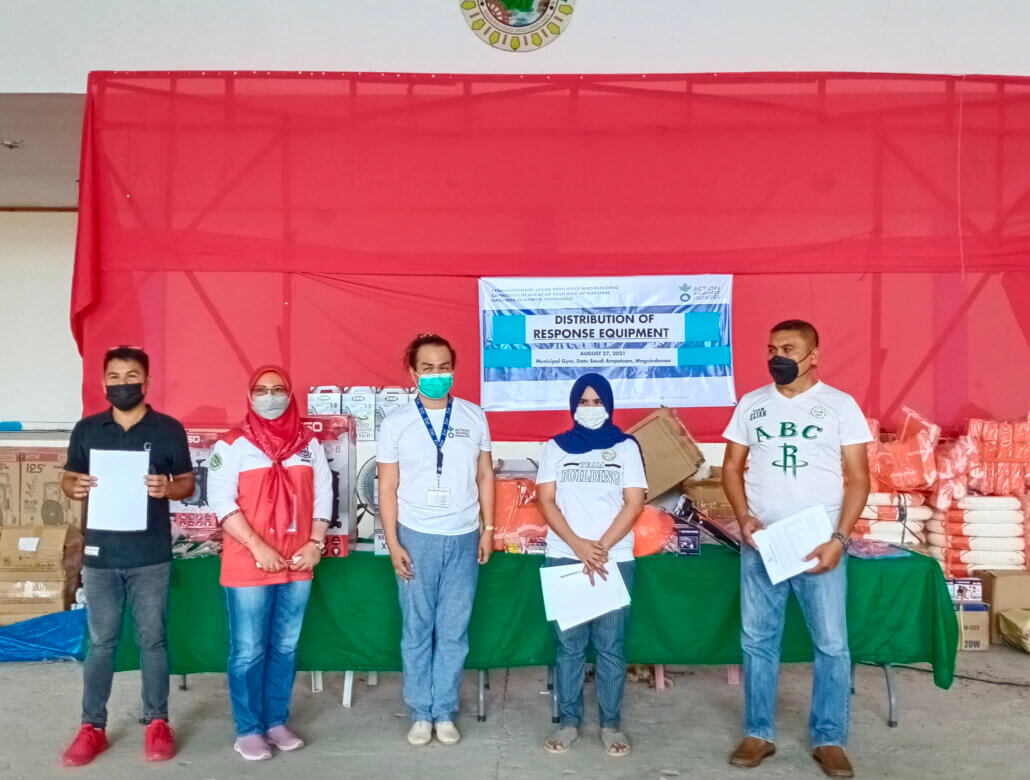
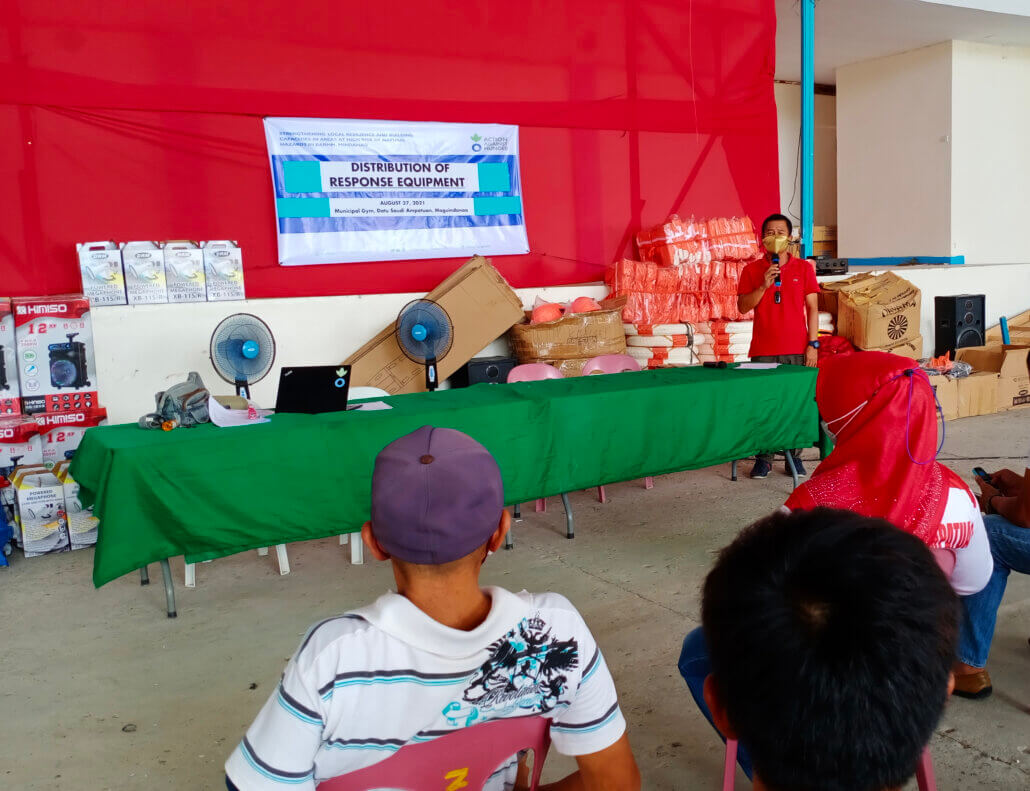
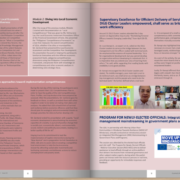
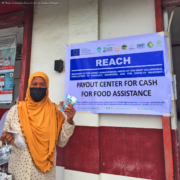 Photo by Juhaina Ebus for Action Against Hunger
Photo by Juhaina Ebus for Action Against Hunger

